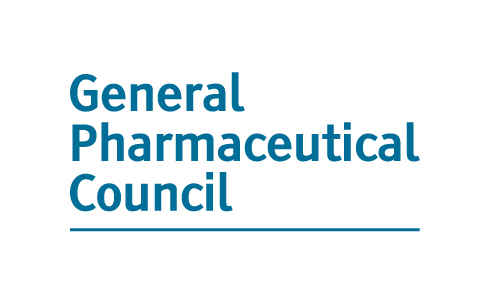What Medicine Tells Us About Revalidation
These words by Sir Keith Pearson, independent chair of the former Revalidation Advisory Board, and published in January 2017 in a review of medical revalidation, are among the reasons why, from Wednesday 31 October 2018, practising pharmacy professionals will start to embrace the new system of professional revalidation.
Revalidation revamps the continuing professional development standards based system in place in pharmacy since 2009: it sees the number of CPD records required by the regulator fall from nine per year to four, as well as introduce more reflective accounting and a peer discussion, designed to encourage improvements in
your practice that benefit service users.
According to the General Pharmaceutical Council, which is speaking about revalidation at this year’s Pharmacy Show, the transition to the new system “is not a spur of the moment undertaking”. GPhC head of continuing fitness to practise Osama Ammar says: “The GPhC started working towards revalidation almost as soon as the regulator came into being in 2010. We have learned a lot from our previous approach to CPD. We have made the system more meaningful and more accessible.”
Practice makes perfect
Of course, pharmacy is not the only profession to experience revalidation. As a concept revalidation was first mooted in the 1970s, when a government committee floated the idea that, perhaps, it was unwise to assume a medical doctor was competent and up to date unless something happened to prove otherwise. Nothing was done until the deaths at Bristol Royal Infirmary’s paediatric cardiac unit hit the headlines in the 1990s, followed by a public inquiry, headed by Professor Ian Kennedy QC, when the spotlight turned firmly to medical professionals’ fitness to practise. It was not until 2012, though, that an acceptable model of medical revalidation began to emerge, one that healthcare professionals viewed as concerned with improving quality rather than simply weeding out incompetence. The Nursing and Midwifery Council followed suit in 2016.
For the GPhC revalidation of pharmacy professionals has two purposes. Ammar points out: “Firstly, to assure members of the public that pharmacy professionals are meeting their responsibilities to keep themselves up to date so they continue to be safe and effective. Secondly, to drive reflection on learning and practice, to encourage improvement in practice and, eventually, the experience and outcomes of people using pharmacy services.”
The benefit of hindsight
Six years’ of medical experience with revalidation offers a lot of insight on which the GPhC can draw as it rolls out revalidation. Among the benefits highlighted by the Pearson review:
- revalidation had tackled the long-standing issue that unless a serious concern was raised about a doctor, they could ‘practise from registration to retirement without any check on their performance or competency’
- it had helped to ensure that an annual appraisal now takes place for most doctors – raising rates from an average of 58% receiving appraisal to 90% – giving doctors a chance to formally ‘put things right’ before formal competency procedures become necessary. According to Pearson, up to 40% of doctors say revalidation has had a positive impact on their clinical practice.
But, that’s not to say medical revalidation is proving perfect: among the flaws identified in the Pearson review, doctors complained that local healthcare organisations were using revalidation as a way to force them to provide information or complete tasks that exceed specifications in GMC guidance, locums could find the system ‘unacceptable’ for their peripatetic circumstances, and that local organisations should do more to help doctors collect information easily to support appraisal. As a result of the concerns raised by the Pearson review, the medical regulator, the General Medical Council has identified several actions as a priority:
- Make revalidation more accessible to patients and the public, who should be able to offer “real time feedback mechanisms”
- Reduce unnecessary burdens and bureaucracy, in particular confusion between revalidation criteria and local job-related requirements/objectives
- Increase oversight of, and support for, doctors in short-term locum positions
- Measure and evaluate the impact of revalidation; an independent academic research piece on revalidation is expected to publish this year.
For pharmacy it is interesting that many of the areas for improvement identified in Sir Keith’s report, including those that will benefit doctors most, require action from healthcare organisations other than the medical regulator; some recommendations require legislative as well as systemic change by external business partners such as NHS
organisations, for example. The question now for pharmacy is: Six years down the line, will pharmacy professionals find themselves in this same position?

)
)
)
)
)
)
)

.png/fit-in/500x500/filters:no_upscale())
)
)
)
)
)
)
)
)
)
)
)
)
)
)
)
)
)
)
)
)
)
)
)
)
)
)
)
)
)
)
)
)
)
.png/fit-in/1280x9999/filters:no_upscale())
)
)
)
)
)
)
)
)

